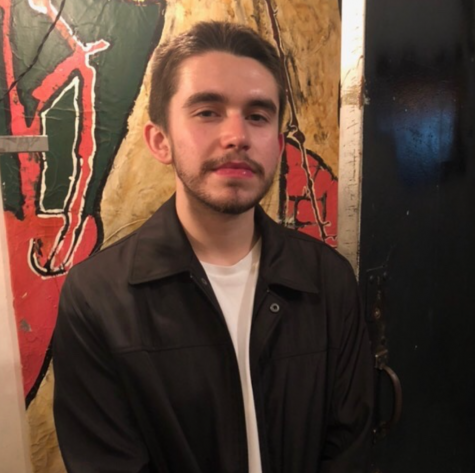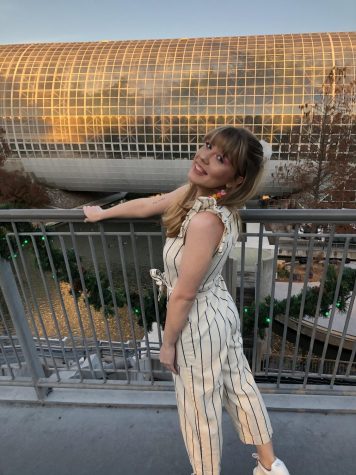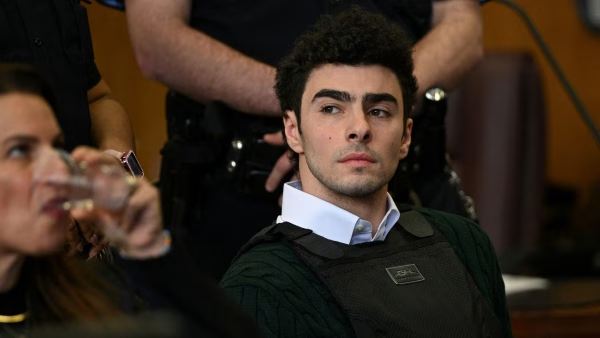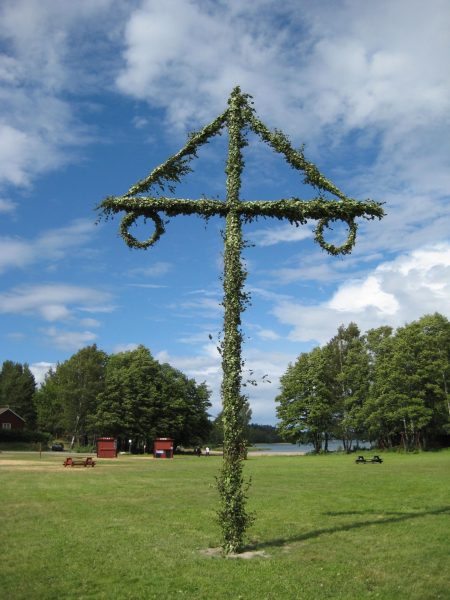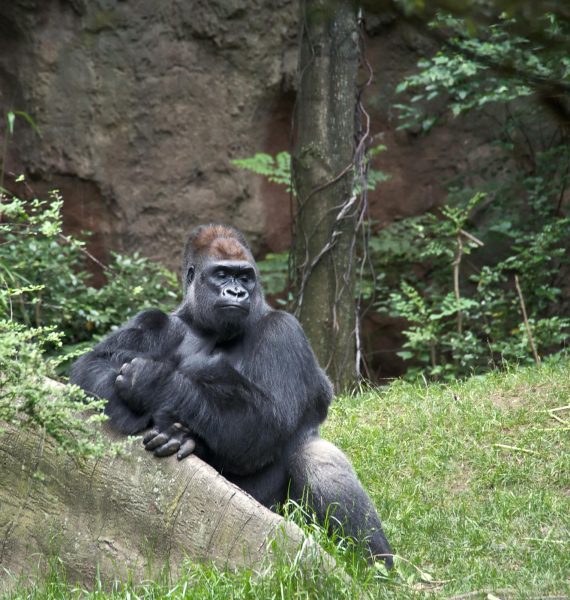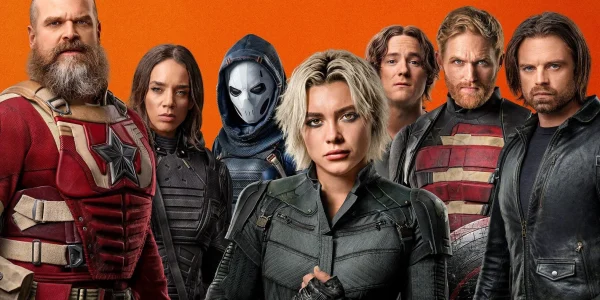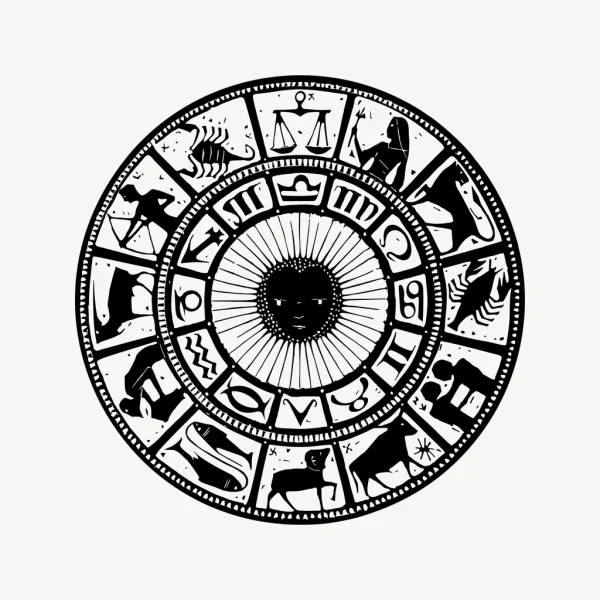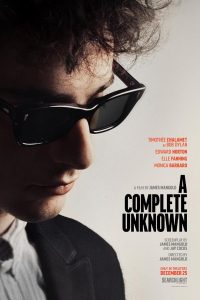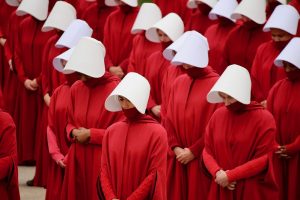Eight Black-written books to educate yourself on anti-racism
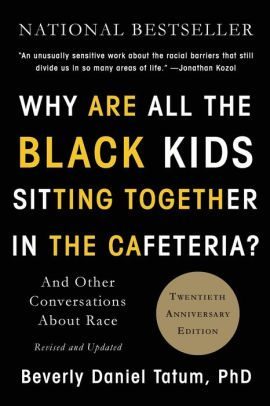
July 10, 2020
With the combination of quarantine and summer vacation, many students are finding themselves with more time on their hands to read in the absence of a hectic, busy schedule. If you’re an avid reader or someone looking to get back into reading, it can be difficult to decide what you’d like to read. The Pace Press has compiled a list of essays and novels by Black authors below for students to continue advocating for the Black Lives Matter movement and educating themselves on the work of anti-racism.
“Men We Reaped” by Jesmyn Ward
Jesmyn Ward is a celebrated author from a small town in Mississippi. She has written three other novels, including the National Book Award winning book, “Salvage the Bones.” “Men We Reaped,” is Ward’s first memoir and an intense look into her hometown of DeLisle, Mississippi. The memoir is a tribute to five Black men that were close to Ward who all died within a span of five years. Ward ponders why these five men were taken so soon and examines the injustice, poverty and racism that led to their deaths. The book works in reverse chronological order, ending with the tragic death of her brother, Joshua. She recalls each heartbreak in detail, answering her own questions as she sifts through the pain of her and her town’s terrifyingly sad past. Ward discovers DeLisle has always been riddled with tragedy and felt a calling to tell the stories of those from her town that no longer could, presenting readers with the reality of many rural southern towns.
“Race Matters” by Cornel West
Despite its most recent update being a new preface in 2001, widely renounced philosopher, political activist and author Cornel West’s “Race Matters” is as topical as ever. Through a series of eight essays, West touches candidly and extensively on subjects like Black leadership, Black sexuality, Black-Jewish relations and more. West, both in “Race Matters” and since, has pushed the envelope and thought-provokingly demands attention towards subjects like economics and politics in relation to race, as well as personally ethical issues and spirituality within race relations. On the more topical side of the book is where West discusses issues like discrimination, police brutality, corruption and the prison-industrial complex—topics that are discussed more than ever amidst the massive Black Lives Matter movement. “Race Matters” should be considered a staple piece in terms of educating and re-educating oneself on the racial relations within the U.S., and in terms of learning how to battle racism day by day.
“How We Fight For Our Lives” by Saeed Jones
Saeed Jones’ emotional memoir gives a look into what it was like to be a Black, gay man in Texas in the 90’s. Jones is a poet, and it shows in his enchanting way of writing. He writes beautifully on tragic subjects closest to his heart. The novel centers around the ways homophobia, racism and classism play a part in every aspect of life. Jones is painfully aware of those in the country that resent his existence and of the attacks on Black men or gay men. He writes, “Being black can get you killed. Being gay can get you killed. Being a black gay boy is a death wish.” These powerful words echo throughout the entire novel, from growing up in Texas, to coming out to his mother, to exploring sexuality and grappling with discrimination in college, to the pain of Trump’s election; Jones bares his soul and pours his heart into each page. This touching memoir ultimately about finding oneself is an important read, using “We” in the title to reach even more readers, to emphasize how many people must fight for their lives in the U.S.
“May God Help Us Find Our Way” by Reyna Biddy
Biddy’s third book of poetry matches up to the vulnerability and beauty of her celebrated first and second poetry books “I Love My Love” and “A Psalm for Us.” Biddy is known for being an advocate for Black women and often uses poetry and spoken word to express her feelings about racism, sexism and systemic issues. “May God Help Us Find Our Way” is split into four parts: “Out/In Ward,” “Back to each other,” “Back to love” and “Back to ourselves/ back home.” Each section deals with Biddy’s inner feelings while also relating to grander themes of oppression, poverty and generational trauma. The poems are essentially Biddy “finding her way” in a world of hate with love in her heart. With lessons from her grandmother, Biddy calls on everyone to join together to fight against all types of oppression while also focusing on mental health.
“How To Be An Anti-Racist” by Ibram Kendi
This book is an especially important read for those hoping to become an even stronger advocate and ally. In recent conversation the term “anti-racist” has changed the way people look at the fight for racial equality in the United States. It is not enough to simply not be racist oneself, one must be anti-racist in order to effectively create change. Kendi explains that the opposite of “racist” is not “not racist.” In “How To Be An Anti-Racist,” Kendi delves deep into the roots of systemic racism and the ways in which racism is incorporated into daily life, as well as introduces visionary ideas of how one can be anti-racist and fight for equality each day.
“When They Call You A Terrorist: A Black Lives Matter Memoir” by Asha Bandele and Patrisse Cullors
Co-founders of The Black Lives Matter Movement, Patrisse Cullors and Asha Bandele, came together to create a novel about beginning the movement and their own experiences as Black women. Cullors writes about her childhood in a poor Los Angeles neighborhood and the racism, sexism and classism she experienced and witnessed daily. The novel looks into the racial biases of the criminal justice system and law enforcements’ treatment of Black individuals. The two women write about how they began The Black Lives Matter Movement along with their friend, Opal Tometi, with a hashtag after George Zimmerman, who murdered 17-year-old, unarmed Trayvon Martin was acquitted. In the face of injustice, the three women who spoke out were labeled as “terrorists” for their statements of equality. The novel goes into the resilience, strength, and bravery Cullors, Bandele and Tometi showed in their fight against systemic racism.
“Why Are All the Black Kids Sitting Together in the Cafeteria?: And Other Conversations about Race” by Beverly Daniel Tatum, PhD
Beverly Daniel Tatum, a psychologist who has studied racism for years, created this novel that presents a more psychological look into racism. She examines the reasons students seem to “self-segregate” in schools, and how race relations affect schools as a whole. The original version of her book was written in 1997, but Tatum decided to go back to it after stepping down as president of Spelman College. She provides new examples of racism in the past 20 years, and speaks on the factors that lead to self-segregation in school. From the politics of districting schools to the effects of the 2008 recession on race relations, Tatum offers a psychologist and educator’s view on racism in schools, an interesting and needed perspective. Tatum ultimately points to how important it is to speak about racism in schools and to children, in order to prevent stereotypes and self-segregation.
“All American Boys” by Jason Reynolds and Brendan Kiely
This non-fiction yet chillingly real read makes our list for several reasons, even beyond its story content. Jason Reynolds, a Black author, and Brendan Kiely, a white author, team up on this novel to tell the story from two different perspectives following a local implementation of police brutality in a small town—Reynolds, writing from the Black victim of the crime’s perspective, and Kiely writing the white bystander’s perspective. As the town deals with this heinous crime and the story unravels, subjects like prejudice, racial brutality and interpersonal bias are subtly yet flawlessly explored from both author’s perspectives. The book also holds up, too, as many scenarios in the book evoke a sense of eerie familiarity, like the Black main character getting wrongfully and violently apprehended by a police officer while returning from the store with merely a bag of chips. It’s a perfect read to both put the reader in the shoes of both a victim and a witness to police brutality and discrimination.

